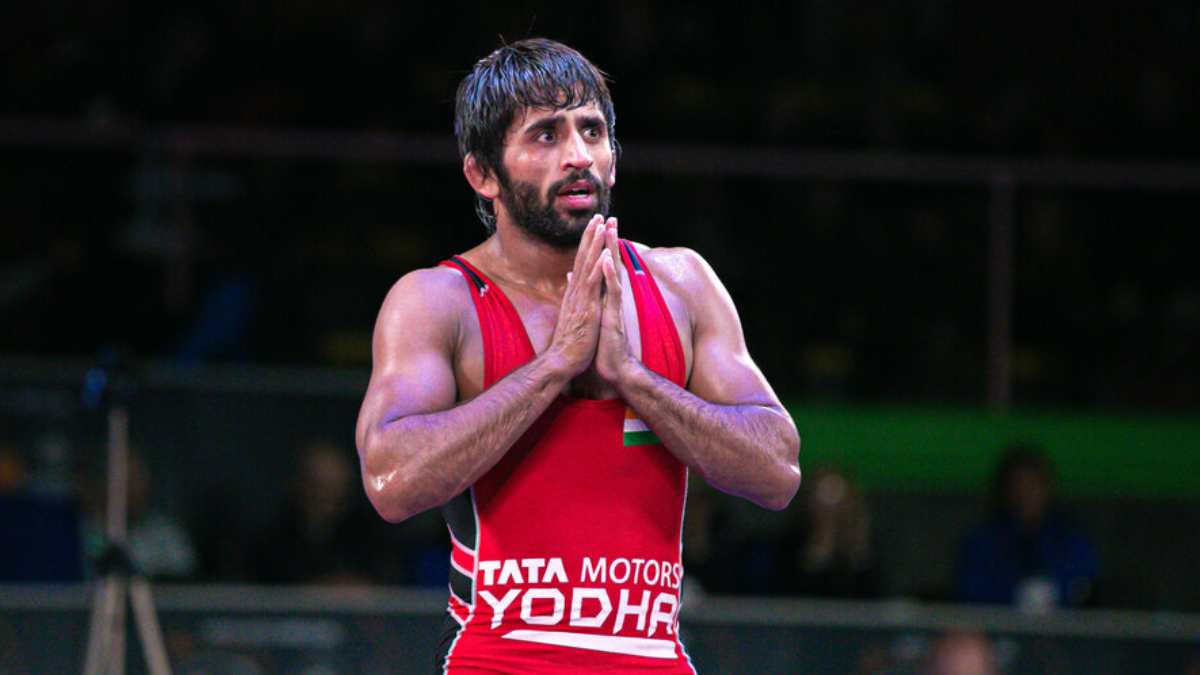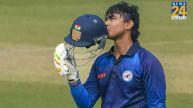The National Anti-Doping Agency has handed a four-year suspension to Bajrang Punia, a Tokyo Olympics bronze medal winner who failed to provide a urine sample on March 10, 2024 during national team selection trials that caused him to fall into breach of Article 10.3.1 NADA’s Anti-Doping Regulations.
Bajrang Punia Trapped In Doping Controversy
The provisional suspension was initially issued on April 23, 2024. The World Wrestling Governing Body (UWW) suspended him subsequently. Bajrang’s appeal led to the successful revocation of the provisional suspension by NADA’s ADDP on May 31, 2024, with the condition that he should await a formal charge. On June 23, 2024, Bajrang was served a formal notice.
4-Year Suspension For Punia
After his defense on September 20 and October 4, the ADDP finally imposed a four-year suspension that would begin from April 23, 2024, which also prohibits him from wrestling and possibly holding international coaching positions during that period.
What Did ADDP Say?
“Needless to say that on account of the lifting of the provisional suspension for the period from 31.05.2024 to 21.06.2024 shall not be credited into the total period of ineligibility of four years.” ADDP said
Bajrang Punia’s Defence
Bajrang defended his move, saying that he had not intentionally refused to give the sample but was not willing to give it because he did not believe in NADA’s procedures. He gave examples of receiving kits that were expired and claimed that his actions were influenced by his participation in protests against the former President of the Wrestling Federation of India (WFI), Brij Bhushan Sharan Singh. Bajrang said that he was treated unfairly. But NADA insisted that Bajrang’s refusal was a willful act; his violation of the rules showed that he had turned his back on the accountability an athlete must have as an end.
“It was not an outright refusal per se. The athlete was always willing to provide his sample provided that he first received a response from NADA concerning the use of expired kits.” said Punia
This case depicts friction between athletes and doping authorities. Bajrang’s situation shedding light on deeper issues of trust and procedural transparency in sports governance.













